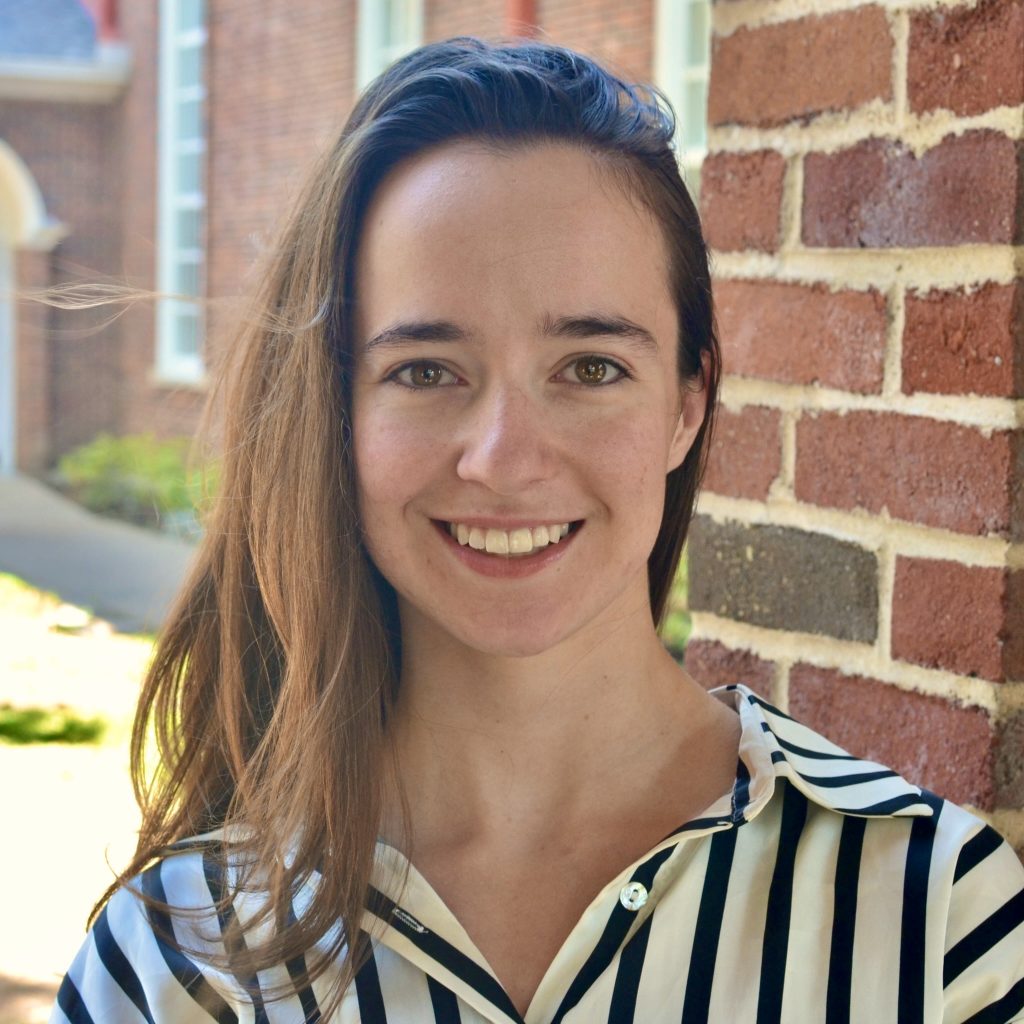
I grew up in Dallas, TX and have not gone far for my undergraduate degree or my master degrees. I earned a BFA in Theatre Performance from Baylor University with minors in English and History. I graduate in May 2025 from Perkins School of Theology at SMU with a Master in Divinity and a Master in Theological Studies. I will be ordained in May 2025 at Royal Lane Baptist Church (RLBC) in affiliation with the Alliance of Baptists.
In addition to being a full-time student, I currently serve at RLBC as their Pastoral Intern and I am applying for Ph.D. programs. My faith undergirds my research motivations as I work to teach myself and others how to engage with the Scriptures dynamically, compassionately, and creatively. I have a passion for social justice with specific callings to Queer Liberation and Creation Care. My passions influence the way I approach my academic research, even when they are not necessarily the focus.
My academic background sits dominantly in text criticism. I worked and interned at the Center for the Study of New Testament Manuscripts under Daniel B. Wallace, Ph.D. where I learned the many facets of New Testament textual criticism including past and present methodologies, innovative and emerging technological tools, how to handle manuscripts properly, and how to photograph manuscripts safely. My final internship project revolved around the Jeremiah text used in Revelation where I argue that Revelation drew from the Hebrew tradition of Jeremiah which contrasts the many other Old Testament Scriptures referenced in Revelation which dominantly belong to the Greek (or Septuagint) tradition.
More of my research includes my master thesis where I investigate the translation methods for the Greek Song of Moses vis-à-vis style and rhetoric as opposed to focusing on one-for-one semantic meaning. I have also worked with Serge Frolov, Ph.D. to investigate the substantial and material disagreement of Esther 2:7 in its three primary textual traditions. In our forthcoming paper, we study the diachronic trajectory that produced these differences. And I have worked as Jaime Clark-Soles, Ph.D.’s research assistant where I aided her with her various academic works.
I strongly believe that the study of the ancient translations of the Hebrew Bible is important and should impact the way modern Bibles are translated. The theory going into the majority of modern English Bibles is stale and divorced from the advancements going on in modern translation studies. I think engaging with the way our ancient predecessors translated the Scriptures can inspire and expand how we translate and even read the Bible.